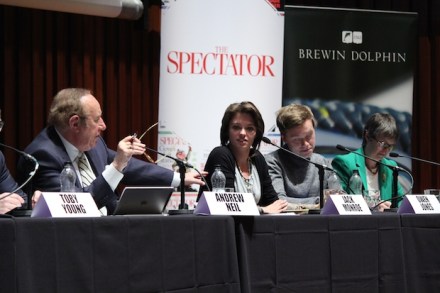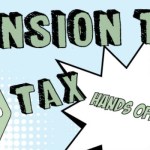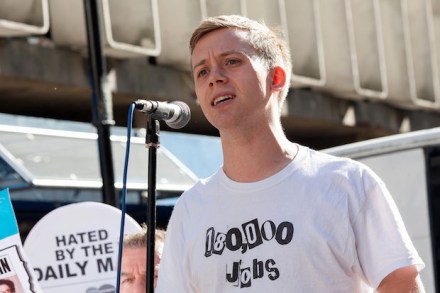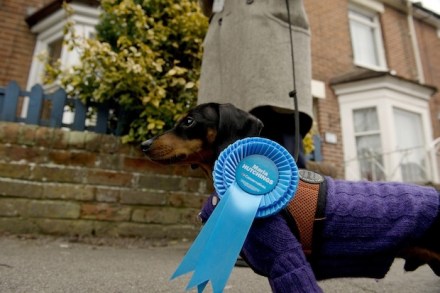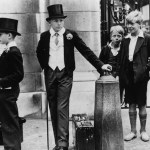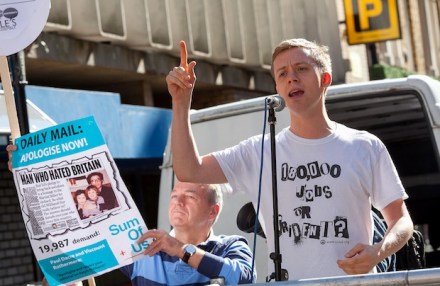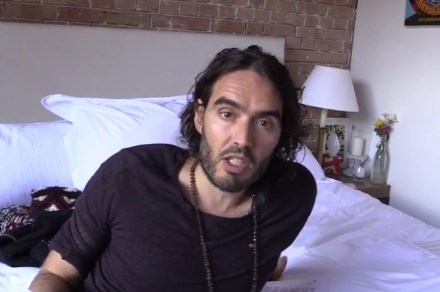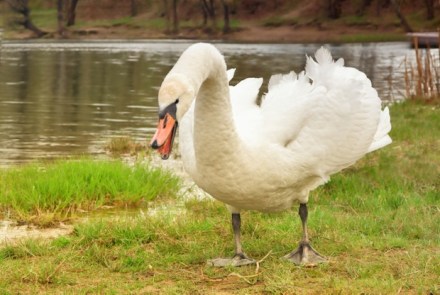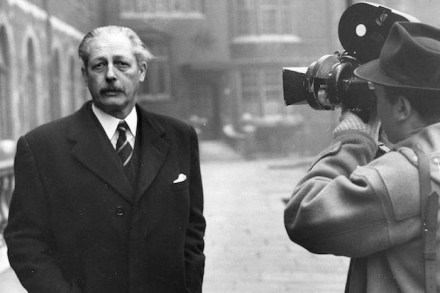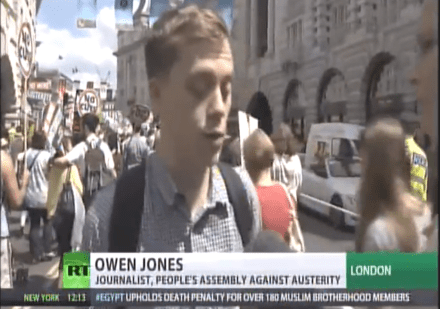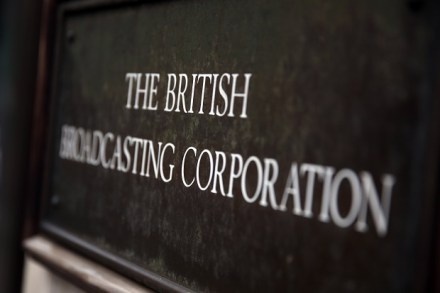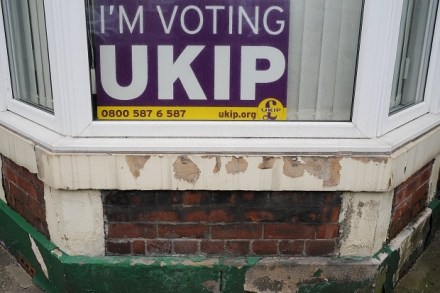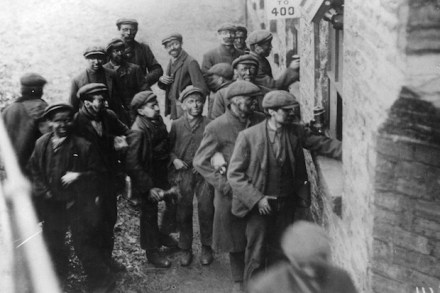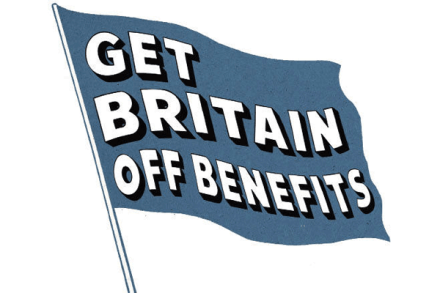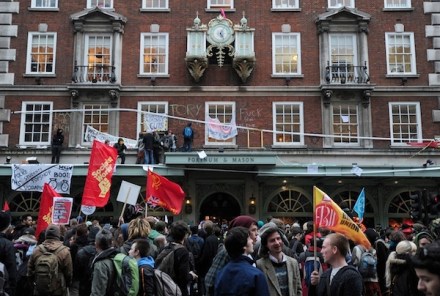Should politicians leave the wealthy alone?
Bashing the rich has become trendy. Last night, the Spectator hosted a debate at the Guildhall School of Drama on whether the rich have contributed their fair share to society, or if we should ramp up wealth taxes. It’s a very emotive topic and each of the speakers made a solid case for and against the motion: politicians should leave the wealthy alone — they already contribute more than their fair share. Proposing the motion, Spectator editor Fraser Nelson described how London is a city ‘shaped by the super rich,’ pointing out the number of places that serve a £20 vodka martini. But Fraser argued that society needs these wealthy people and
